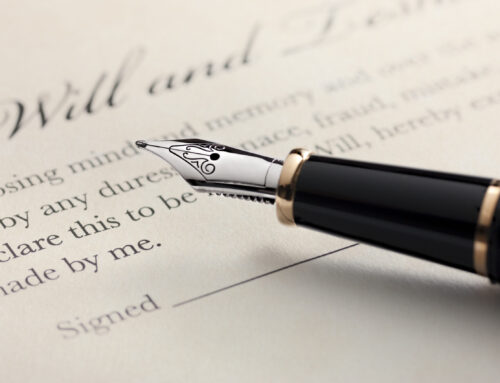Whilst many people understand the potential consequences of not having a Will, what should you do if a person has more than one Will?
When a person dies with a Will
In most cases, when a person passes away, they will have a Will. This states how their assets should be distributed and to whom, with an executor of the Will also stated (the person who is in charge of sorting out the person’s estate when they have died).
When a person dies without a Will
When a person sadly passes away, and they do not have a Will, the laws of intestacy will provide rules on how that person’s estate will be distributed.
When a person dies with multiple Wills
Many individuals who have Wills revise them over time. This can be due to changes in marital status when you have children if someone named in your Will dies, etc
This means that throughout their lives, they could potentially accumulate several versions of their estate planning documents for relatives and friends to navigate once they have passed away.
To determine which Will is valid and which is admitted to probate, the Probate Court will generally admit the testator’s most recent Will to probate. When a testator properly executes a Will, the testator revolves all of their previous Will. (This is where the phrase ‘Last Will and Testament’ comes from).
But problems can arise when multiple versions of a person’s Will are submitted for probate. A Will can be challenged if it has not been properly executed, for example:
- If there are allegations that one of the beneficiaries had undue influence over the testator;
- If the testator updates their Will when they were not in the right mind, e.g. if they had Dementia;
- If there is suspicion of the validity of the Will itself
Beneficiaries of an earlier Will can challenge the later-executed Will on any of the above grounds. However, it can be difficult to prove that a Will was made under false pretenses, or if the testator was unsound of mind. Here a lawyer or an individual will need to provide the relevant evidence to support the case.
This could potentially lead to the invalidation of the later-executed Will, regardless of the testator’s true intent.
Confusion due to multiple Wills can be avoided by destroying old estate planning documents after you have executed a new one. Writing “cancelled” or “void” on your old Will works, but it is best simply to shred or otherwise completely destroy the instrument.
Contact Us
For more information on dealing with a person’s Will, or for wider information on our Wills and Probate services, please get in touch. Call us on 01782 662424 or email us at info@beestonshenton.co.uk




